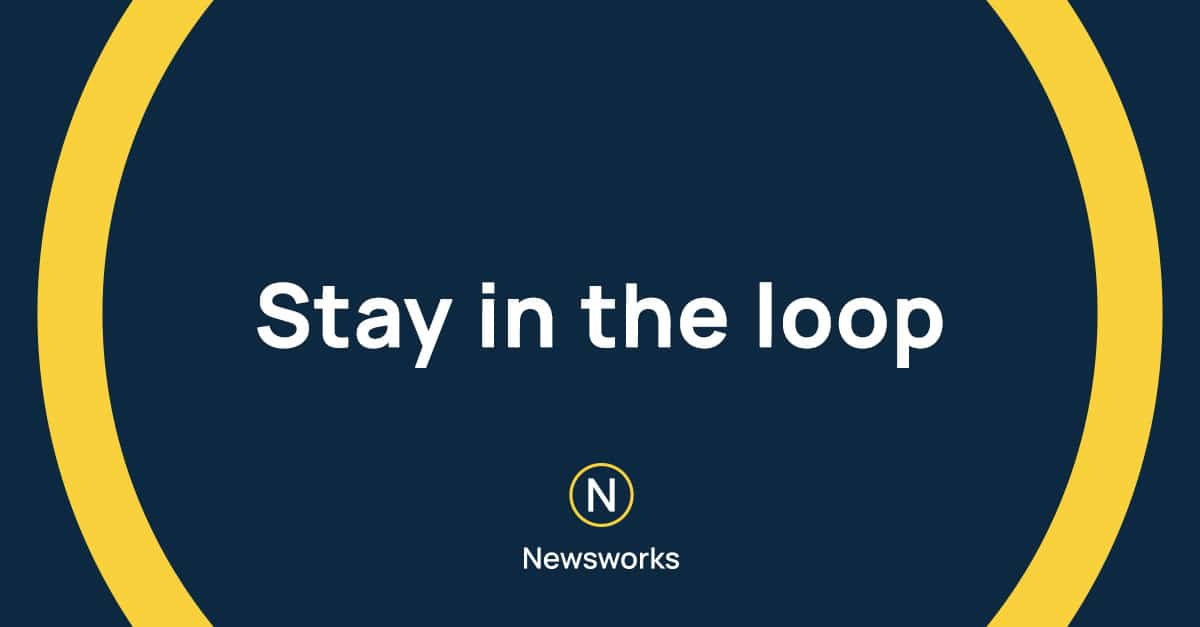Evening Standard calls on brands to help consumers live Life 2.0.
New research by the Evening Standard has shown that Londoners are leading the way with a new consumer behaviour, all built around the Optimisation Economy.
The Life 2.0 study has revealed the growth of a new consumer segment, Optimisers – those who regularly spend money on products and services to enrich their lives. Optimisers now account for a third of the London population, with Evening Standard readers 72% more likely to be part of this group than the average Brit and 43% more likely than Londoners.
Life is increasingly busier and more pressurised. A fuller, more enriched lifestyle, or Life 2.0, has never been more important for our physical wellbeing and our mental health. Optimisers want to squeeze every last drop of enjoyment out of their day.
Building on previous work identifying the cultural shift in consumers judging success on their life experience over material gain, Evening Standard owner ESI Media has investigated the behaviour of those demonstrating this behaviour.
Powered by technology and increased connectivity, the Optimisation Economy sees consumers regularly pay for products and services to save them time. These consumers have a new definition of aspirational and seek to fulfil their lives in variety of ways by using the resources available to them – media, tech, products and services – to improve, enhance and optimise their experiences, and to buy back their time. Refreshingly not limited to millennial audiences, ESI Media’s work with YouGov has discovered that 29% of the UK population are Optimisers, rising to 35% of Londoners and half of all Evening Standard print and digital readers.
Jon O’Donnell, MD Commercial, ESI Media said: “We’ve always known that our readers have a zest for life and now we can prove that there is a group of people who would much rather live life than simply exist. Those who take every opportunity that is thrown their way. These are the Optimisers who squeeze every last drop of enjoyment out of their day as they look to establish a new status for themselves – Life 2.0. Tapping into this mindset, brands can engage with consumers with a refreshed attitude towards what it means to be aspirational. Shining a light on this tribe is a great opportunity for us to not only highlight a behaviour that applies to the vast majority of our audiences, particularly in London, but also encourage you to become one too, if you’re not already.”
As the quest for Life 2.0 becomes established in urban life, Optimisers no longer consider this behaviour to be an indulgence. Signs of Life 2.0 – everything from fast passes in airports, food delivery services and upscale subscriptions – are embedded in everyday life and Optimisers regularly pay for VIP access to a sports or entertainment event, superior hotel rooms and flight upgrades, amongst others. In addition, an Optimiser will pay for services like personal trainers, nutritionists or pet care.
O’Donnell added: “The Evening Standard has always played a central role in our readers’ lives, helping them optimise their time by providing London’s essential news and lifestyle content. For us, this research will continue to help shape the content and service we provide our readers and we are calling on brands to join us in helping consumers live a happier, more enriched life by engaging throughout the Optimising behaviour.”
Previous research from ESI Media showed that consumers are more likely to be relaxed and thinking about making the most of their free time on the way home from work, making the evening commute a premium time for optimising behaviour.
ESI Media launched the study, conducted in collaboration with YouGov and House 51, at The Festival of Marketing this week.

